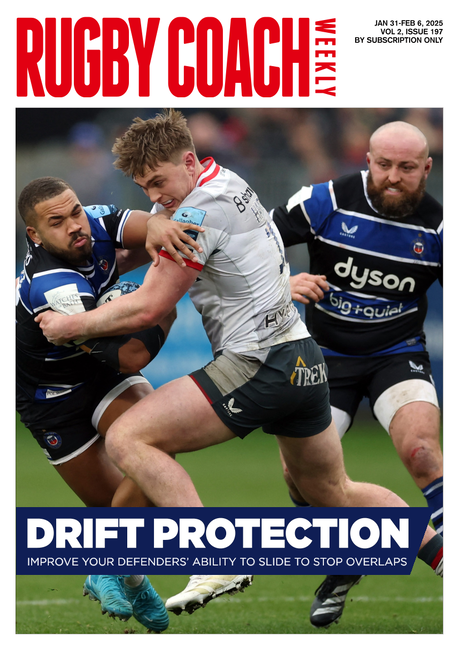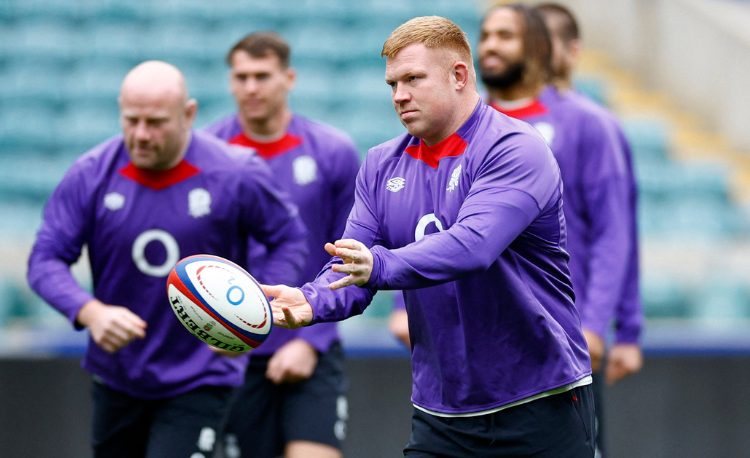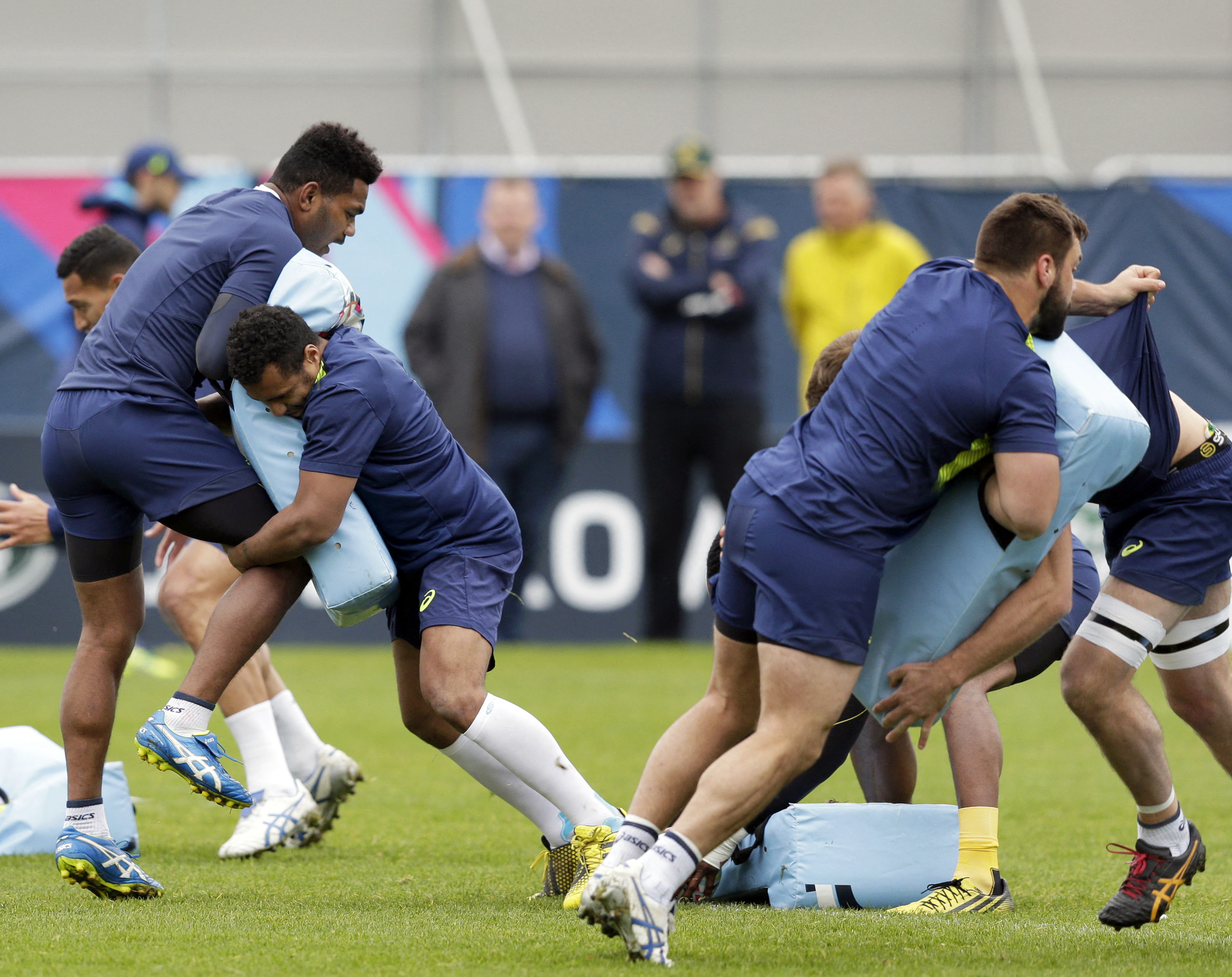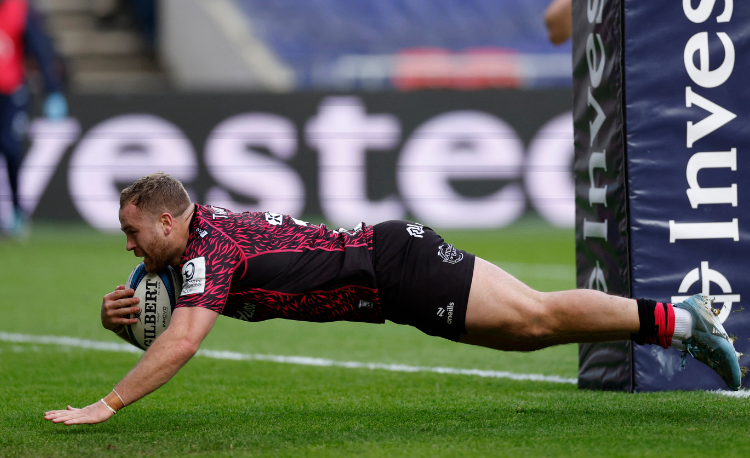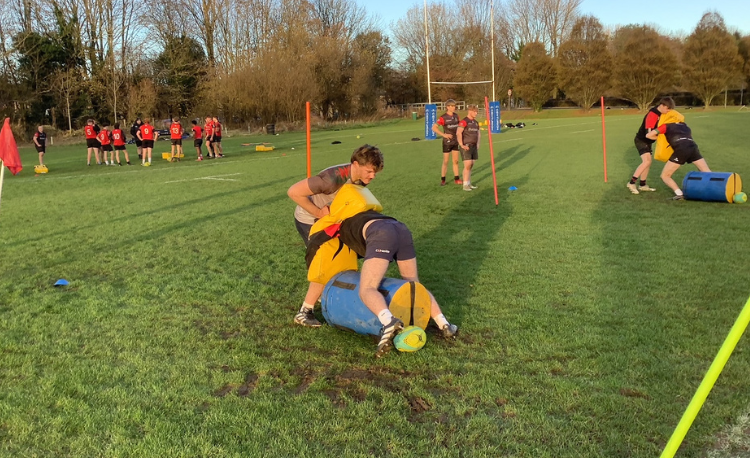Unravelling the secrets of mental mastery in sports: insights from "The Coaching Knife with Brian Moylett"
Delve into the pivotal lessons from Brian Moylett on achieving the elusive ’flow state,’ mastering presence, and overcoming mental barriers in sports performance.
This is The Coaching Knife: What is meant by playing in the zone, with Brian Moylett.
The blurb:
Dan Cottrell cuts to the root with Brian Moylett from Mindset & Performance at Off-Field Rugby.
They discuss playing in the zone from The Book On How You Become A Pro Rugby Player.
Brian is a mindset and performance coach at off-field rugby. He also coaches university women’s rugby and men’s rugby in Canada. His philosophy is that he helps young players become more confident on the field, develop their self-belief and play in the zone.
You can contact him at brianmoylett@gmail.com and visit his website, www.offieldrugby.com. The book is on sale now, The Book On How You Become A Pro Rugby Player.
From the podcast, the five key takeaways are:
1. The concept of being "in the zone": Brian emphasises that being in the zone means being completely present and free from worries about past mistakes or future outcomes. It’s a state where players feel confident and want the ball, and everything seems to slow down.
2. Understanding the flow state: While "being in the zone" is a more colloquial term, the technical or academic term for this state is the "flow state." This term might be unfamiliar to some players, especially younger ones, so terminology might need to be adjusted based on the audience.
3. Practising presence: To achieve the flow state consistently, Brian suggests a three-step framework. The first step involves practising being present throughout the week. This can be achieved through various mindfulness practices like meditation, walking in nature without distractions, and swimming.
4. Preparation is key: The second step focuses on proper preparation during the week. Brian stresses the importance of being diligent in training, physical conditioning, and mental preparation. He acknowledges that everyone has different schedules and challenges but emphasises doing the best with the time available.
5. Letting go of pressure and expectations: The third and perhaps most challenging step is to stop caring too much about outcomes. Brian highlights that players often create unnecessary pressure for themselves due to past conditioning and fear of judgment. He encourages players to let go of these worries, practice not caring about outcomes, and focus on the present moment.
These takeaways provide insights into the mental aspects of sports performance, emphasising the importance of presence, preparation, and mental resilience.
Five questions to ask yourself
1. What strategies can I implement to achieve the ’flow state’ or ’zone’ in my sport or activity?
Reflect on the specific techniques Brian mentioned, such as mindfulness practices, being present, and letting go of external pressures. Consider how you can incorporate these strategies into your training or daily routine.
2. How can I better prepare mentally and physically for my game or activity?
Evaluate your current preparation routines. Are there areas where you can improve your physical conditioning or mental preparation? How can you align your weekly schedule to optimise your performance during critical moments?
3. What mindset shifts do I need to make to overcome past conditioning and fear of judgment?
Reflect on your personal experiences and challenges related to performance anxiety or fear of making mistakes. What steps can you take to shift your mindset, reduce self-imposed pressures, and focus on the present moment?
4. How can I consistently practice being present in my daily life and sport?
Consider practical ways to incorporate mindfulness into your daily routine. Are there specific activities, such as meditation, nature walks, or focused breathing exercises, that you can integrate into your schedule to enhance your ability to be present?
5. What additional resources or support systems can help me enhance my mental skills and performance?
Explore potential resources, such as books, workshops, or coaches, that can provide guidance on mental skills training, performance optimisation, and achieving a flow state. How can you leverage these resources to support your development and growth as an athlete or individual?
Newsletter Sign Up
Coaches Testimonials

Gerald Kearney, Downtown Las Vegas Soccer Club

Paul Butler, Florida, USA

Rick Shields, Springboro, USA

Tony Green, Pierrefonds Titans, Quebec, Canada
Subscribe Today
Be a more effective, more successful rugby coach
In a recent survey 89% of subscribers said Rugby Coach Weekly makes them more confident, 91% said Rugby Coach Weekly makes them a more effective coach and 93% said Rugby Coach Weekly makes them more inspired.
Get Weekly Inspiration
All the latest techniques and approaches
Rugby Coach Weekly offers proven and easy to use rugby drills, coaching sessions, practice plans, small-sided games, warm-ups, training tips and advice.
We've been at the cutting edge of rugby coaching since we launched in 2005, creating resources for the grassroots youth coach, following best practice from around the world and insights from the professional game.



